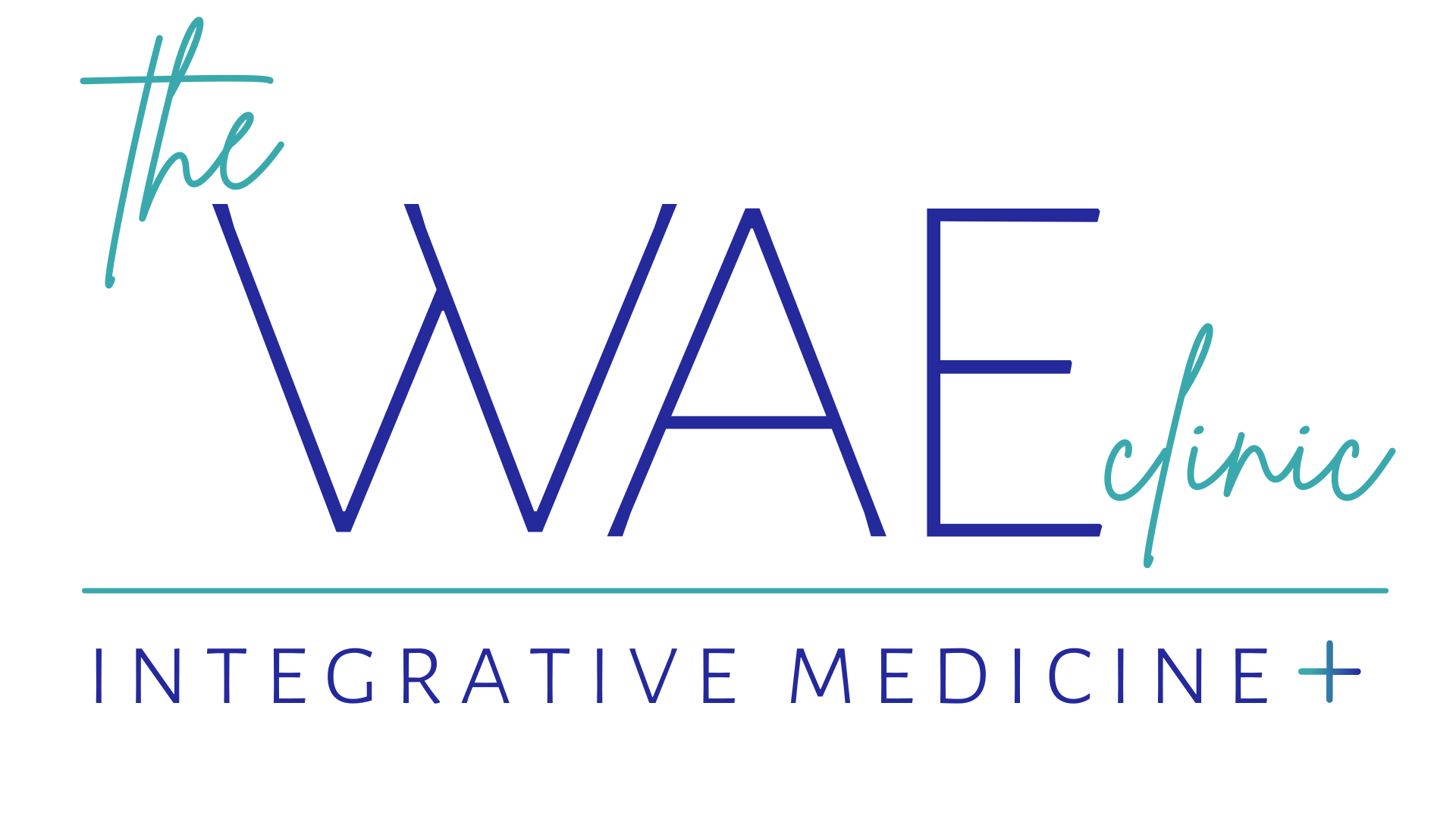Inflammation is an indicator that something’s up. It is one way your body may respond to injury or illness. According to Dr. Lam, “In a healthy body, the fire of acute inflammation is tightly controlled: it turns on at the right time to battle invaders and start the repair process, and just as critically, it turns off so that the body can get back to its normal functions. The turning off process is controlled by cortisol, our body’s anti-stress hormone. While inflammation itself is an unpleasant process, your body is designed to tolerate some inflammation and to control it. Research has revealed, however, that low-level chronic inflammation can simmer quietly and insidiously in the body, in the absence of overt trauma or infection, and have profound effects on our physical and mental health.” In acute situations, then, inflammation is a mechanism for healing. Chronic inflammation, however, puts the body into a state of stress and opens the body to deep imbalance. A stressed body engages the sympathetic nervous system or that fight-or-flight response which may manifest as problems with sleep, anxiety, blood sugar, sexual dysfunction, fatigue, brain fog, memory, chronic pain, and impaired immune function.
Chronic stress leads to leaky gut; leaky gut allows undigested foods, bacteria, yeast, and other pathogens into the bloodstream, where they trigger inflammation. It is this chronic inflammation that leads to many health issues. In this article, we will be discussing some simple ways to say goodbye to inflammation.
4 Tips to reduce inflammation:
Cut down inflammatory foods:
Processed foods like alcohol, dairy, gluten, and processed snacks are low hanging fruit. Study after study shows that these offenders trigger inflammation. If you want to dive a little deeper, consider eliminating the top 8 most common allergens for 4-6 weeks and see how your body responds. Eggs, cow’s milk/dairy, gluten, soy, corn, peanuts, tree nuts, and shellfish make up the list.
Healthy Eating:
“Eat real food. Not too much. Mostly plants.” Is what Michael Pollan recommends and he’s not alone. Whether you follow the food pyramid, the Physician’s Committee on Responsible Medicine, or your intuition, you’ll likely find that you feel best eating fresh, seasonal, whole foods. Prepare things simply. Slow down, chew, and enjoy your meals. Healthy eating is as much about how you eat as it is what you eat!
Opt for organics where possible. Use the Environmental Working Group’s Dirty Dozen and Clean Fifteen as guides for where to focus your spending.
And ditch the processed foods and fats. Olive oil, coconut oil, avocado, and grape seed oil can all be part of a healthy anti-inflammatory diet.
Keep Cortisol under control:
Elevated cortisol is a sign of stress. Cortisol changes in response to illness, fear, diet, insomnia, fatigue, and chronic stress. Establish a healthy sleep pattern, get enough Vitamin C, and focus on happiness, joy, and less stress. Your adrenals will thank you, and your risk of chronic inflammation will reduce.
Vitamin D Intake:
Vitamin D is a vital hormone for immune health. In a study on inflammation, researchers note that “Some authorities now believe that low (vitamin D) is a consequence of chronic inflammation rather than the cause.” However, sunshine and supplementation can help tip the balance and possibly keep chronic inflammation at bay! A simple blood test will confirm your levels. Consult a doctor for help determining your Vitamin D status so you can take action if necessary!
FINAL VERDICT
Simple shifts can make a big impact on your health. Rather than resigning to a life of chronic inflammation and hormonal imbalance, take small steps every day and get support from knowledgeable professionals.

